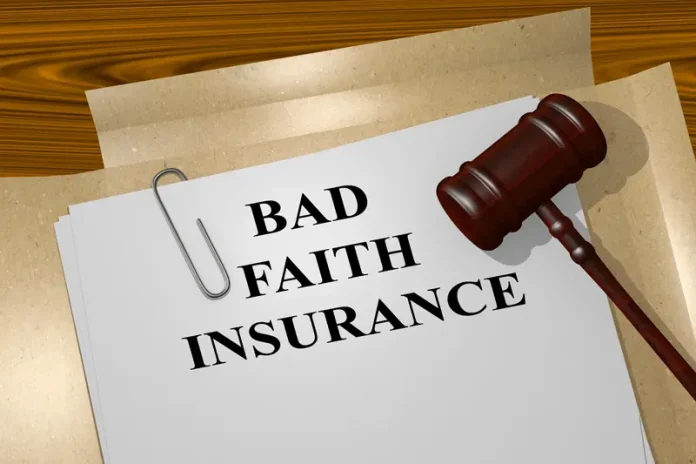Signs of a Bad Faith Insurance Claim
Navigating the complexities of insurance policies can be challenging enough without encountering the disheartening reality of a bad faith insurance claim. Insurance companies are legally obligated to act in good faith and fair dealing. However, when they fail to uphold these principles, it’s crucial to recognize the signs and seek the assistance of a bad faith insurance lawyer. Here are common indicators that may suggest a bad faith claim against an insurance company.
Unreasonable Delays
When an insurance company drags its feet without a valid reason, it can be a sign of bad faith. Delays in acknowledging, processing, or paying a claim can place unnecessary stress on policyholders. If you find yourself repeatedly following up, only to face continuous stalling tactics, it’s wise to consult a bad faith insurance attorney.
Inadequate Investigation
A thorough investigation is the cornerstone of any insurance claim. If an insurer fails to properly investigate or outright ignores crucial evidence that supports your claim, they may be acting in bad faith. Insurers should be diligent and timely in their investigation process to ensure a fair evaluation of the claim.
Lowball Offers
Insurance companies are known to negotiate settlements, but offering an unreasonably low settlement that doesn’t align with the damage or loss covered by the policy can be a red flag. Such offers are often made in the hopes that the policyholder will accept less than what they’re entitled to. Be wary of initial settlement offers that seem too low, and don’t hesitate to seek legal advice.
Misrepresentation of Policy Terms
Misinterpreting the language of a policy to the policyholder’s detriment is another sign of a bad faith claim. Insurers must provide clear and accurate information about coverage. If you suspect that your insurer is twisting the policy’s words to avoid paying a claim, it’s a serious concern.
Failure to Communicate
Consistent communication is essential during the claims process. An insurer that fails to provide updates or respond to inquiries is not fulfilling their obligation. This lack of communication can be considered bad faith, especially if it leaves the policyholder in the dark about the status of their claim.
Threatening the Policyholder
No insurance company should ever intimidate or threaten a policyholder. Such behavior is a clear violation of the insurer’s duty to act in good faith. If you feel coerced or threatened, it’s imperative to document these interactions and contact a lawyer experienced in bad faith insurance claims.
Legal Support: Your Next Step
If you’re experiencing any of these signs, it may be time to take action. A bad faith insurance lawyer can evaluate your situation, help you understand your rights, and represent you in taking legal steps against the insurer. Remember, you have the right to fair treatment and should not have to settle for less than what your policy promises. Have you faced a bad faith insurance claim? Seeking professional legal counsel can be the key to protecting your interests and ensuring that you receive the compensation you deserve.










